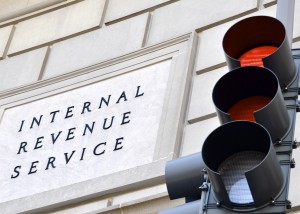If you are a self-employed sole proprietor or operate an LLC or S-corporation any expense that your business incurs that is ordinary and necessary is deductible under Section 162 of the Internal Revenue Code. Therefore, please list the total spent on the expense categories listed below:
Accounting, legal and professional fees;
Advertising;
Car expense need total miles driven, business miles plus parking and tolls including business log with date, miles driven, business purpose and destination or
total miles driven, actual fuel invoices, auto insurance, repairs and total miles driven and business miles plus parking & tolls;
Fixed Assets – If you bought a vehicle, computer, equipment, office furniture or placed it in service during the tax year, even if you already owned it, bring in the purchase invoice so we can expense it under IRC Sec. 179;
W-3 – Salaries that your company paid to others. List officer and shareholder salary separately;
Employer share of employment taxes like FICA and FUTA;
Commissions or fees paid to other contractors, Get them to fill in W-9 if not incorporated so we can issue them a 1099;
If you already issued them a 1099, bring in the 1096 – showing total independent contractors paid.
Professional Liability Insurance, Workmans Compensation Insurance and Health insurance;
Office Supplies;
Materials or Purchase of inventory for resale;
Travel, Hotel, Airfare and Car Rental;
Meals (need date, place, person entertained and business purpose) Only need receipt if you pay more than $75.00 and have a day timer, If you do not have a day timer or digital calendar (such as Outlook or Google Calendar) then you need a receipt for everything;
Telephone include local, long distance, fax, land lines and mobile;
DSL, cable and internet charges;
Postage;
Continuing education and business seminars and conferences;
Interest expense paid on business loans and provide year end balances;
Rent for office space or equipment;
Utilities like electricity, fuel oil, water or gas.
Prior year PA franchise (Capital Stock) tax from Page 2 of the PA RCT-101;
Prior Year Local Income Tax paid;
Total state sales tax paid if you included it in gross sales receipts.
Remember to never pay any personal expenses from your business bank account but instead transfer them to your personal account. Feel free to contact Gregory J. Spadea of Spadea & Associates, LLC at









